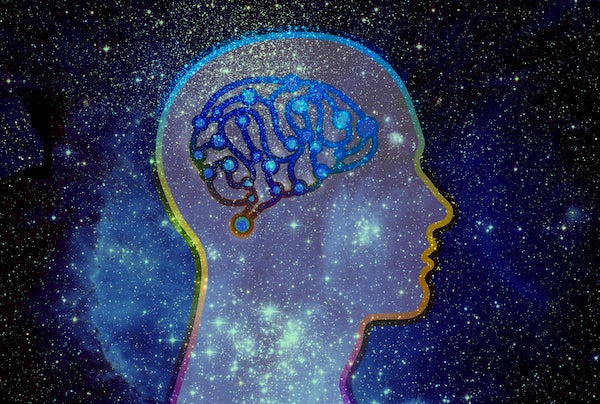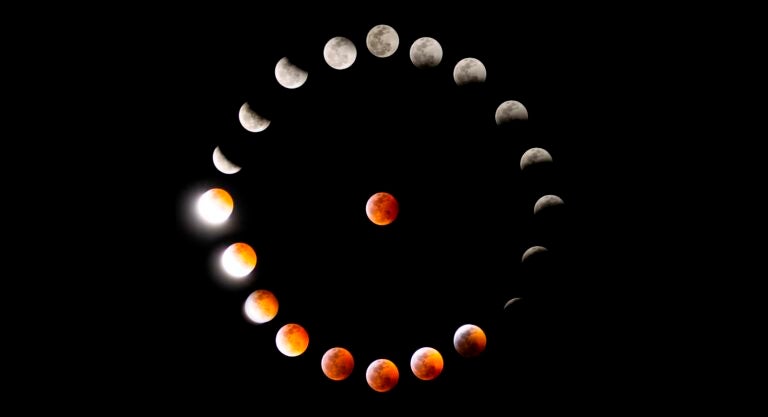Mad scientists intent on destroying the world make for great comic book villains, but in the real world, there are a lot more Sheldon Coopers than Edward Tellers.
Stereotypes have their downsides, but like pearls around grains of sand, these cliches often grow around a kernel of truth. For the most part, the science set doesn’t worry much about its reputation for social awkwardness, but it makes for a fun head scratch. My thoughts on the matter hardly rise to the standards of a theory, but I’ll serve them up as a moment’s light fare.
Humans are called a social species, but tribal is a more accurate word. That part is an honest to goodness falsifiable theory that stands up in the face of mountains of evidence — something as trivial as randomly assigning people caps of different colors can lead to strong enough tribal feelings to bring them to blows.
The key to our evolutionary success was responding to challenges as a single organism with lots of arms, legs, spears, clubs and a willingness to face mortal peril for the good of the whole. We aren’t here because our ancestors worried about the niceties of veracity. Blind allegiance to tribe was a key ingredient in a viable gene pool. Fitting in and tribal loyalty are the coin of that realm.
For better or worse, we still carry that evolutionary baggage today. Of course, most people care more about acceptance by their group than they do about silly notions like ethics or whether or not something is true! My tribe, right or wrong. We’re here because our ancestors had each other’s backs.
Tribalism offered other huge advantages. For one, tribalism reduces the energy we waste by thinking too hard. That 3 pounds of electrochemical circuitry sitting inside your skull is greedy. In a world where calories were hard to come by, the 2 percent of our bodies that our brains make up eats up something like a fifth to a quarter of the energy we take in.
And that share comes off the top: The brain demands the good stuff, blood glucose. Championship chess players can burn over 6,000 calories a day just sitting and staring at the board. The 1984 World Chess Championship was called off without a winner when both contestants were judged physically incapable of continuing play.
By the way, none of this is meant to be at all harsh or pejorative. Honestly. Just like you, I am here because most of my ancestors put tribe first and facts somewhere way down the line. Some of you are doubtless sure that I’m full of it, which is OK. If so, it’s probably because this runs counter to the zeitgeist of your tribe, and the last thing your brain wants to do is question that received wisdom.
How’s that for meta?
Yet despite all of that whatever-gets-my-genes-into-the-next-generation goodness of tribalism, something like 2 percent of the population is, well, strange. These peculiar folk seem gleeful at the notion that much of what people think is wrong. They even sit around over beer and happily pick each other’s ideas to pieces just for fun.
Meet scientists.
So why would a successful tribe tolerate and on occasion even revere such wanton insolence toward cherished norms? The fly in the oh-so-seductive ointment of tribalism is novelty. The world changes, and if the competition keeps coming up with new and better ideas your tribe had better be doing some innovating too.
I’m not saying that some people are born to be scientists. I’m not saying that some aren’t. I am saying that scientists’ deep and uncommon emotional attachment to truth as an end in itself sets us apart. I am also saying that the tribe needs us, just as we need the tribe. Sometimes it really matters who has the floor.
Not many scientists appreciate how few people care whether their cherished notions are true or not. It befuddles them. Like the child in Hans Christian Andersen’s folktale “The Emperor’s New Clothes,” scientists are naive enough (sometimes maybe even courageous enough) to risk ridicule by proclaiming, “He hasn’t got anything on.”
But we shouldn’t be surprised when the emperor responds by walking “more proudly than ever, as his noblemen held high the train that wasn’t there at all.”










